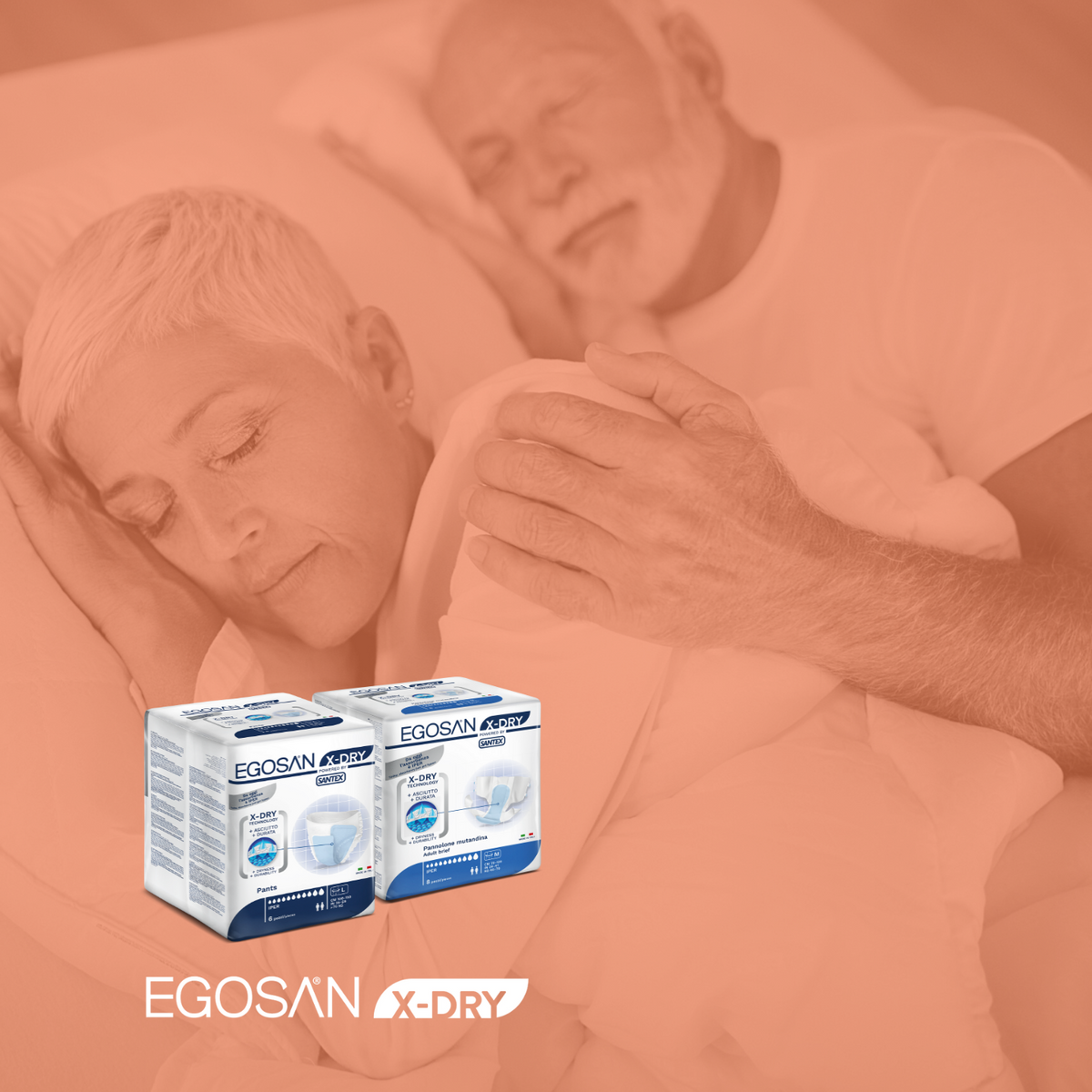Incontinence After Menopause a Common Challenge

Menopause: The ceasing of menstruation. Sounds simple, but for each woman, the process of going through perimenopause and eventually arriving at menopause can be fraught with difficulties.
The average age of menopause for women in the United States is 51, however, there is a large variance due to overall health and genetics, as well as surgical causes. Most women experience the hormonal changes that lead up to this life change in their 40s, with the early phase being considered perimenopause.
Then there is the stigma, some of which is perpetuated by women themselves. Are they less of a woman because they can no longer bear children? Are the mood changes, night sweats, and even memory problems that some women experience going to be lifelong problems?
Men often blame irritability in a woman as “that time of the month,” referring to menstruation, or on menopause if the woman is older, and sadly, women often perpetuate this type of thinking out of habit.
While menstruation and menopause can cause real emotional and physical problems for some women, most will weather both natural processes quite well. There is a lot of science surrounding menopause, so updating your physician or even seeing a specialist if symptoms are troublesome, is important. However, we need to remember that menopause is not a disease. It’s part of maturing as women, something that we should, ideally, welcome.
Challenges of the journey toward menopause – and after:
As estrogen levels continue to drop, many women experience hot flashes, sometimes called hot flushes. When they happen at night, these episodes can cause night sweats. When these are frequent, they can be life-altering.
Sometimes, lifestyle changes such as losing weight, not smoking, avoiding alcohol, and relaxation methods such as yoga can help. Your doctor can suggest different approaches and may even prescribe medication for severe cases. Don’t suffer in silence. Speak up and work toward getting relief.
Other health concerns that can accompany estrogen loss during perimenopause and onward are increased susceptibility to bone loss and heart disease.
Menopause and incontinence
One surprising issue that women often find during perimenopause but more likely later is some level of incontinence. Having born children can make this even more of an issue, but the simple loss of estrogen through the process of reaching menopause can weaken the pelvic floor muscles.
Incontinence due to menopause would likely begin as only a slightly elevated risk of occasional leaking, especially when coughing, sneezing, or laughing. As time goes on, though, incontinence can become a more routine concern.
Kegels are a physical exercise where a person consciously tightens and releases pelvic floor muscles, which is something that can be done at home. There are also other treatments that urologists can offer that can help women who are experiencing urine leakage due to menopause. Again, your doctor is your best resource to help you maintain or regain the best bladder control possible.
Keep in mind, though, that many middle-aged and older women have some issues with urine leakage. This is not a condition that should cause embarrassment or make you feel like you can’t continue to live your active life just as in the past.
Egosan has a wide range of premium products made for women going through perimenopause as well as once menopause has been achieved. Since the company offers many choices of product absorbencies, some can even double as menstrual pads for that unexpected flow during this time of change.
Need incontinence support for yourself or someone else? Try Egosan’s Incontinence Support Group on Facebook
***
Discover the Difference. EGOSAN - the Top-Rated incontinence brand from Italy. Now Available on Amazon.




